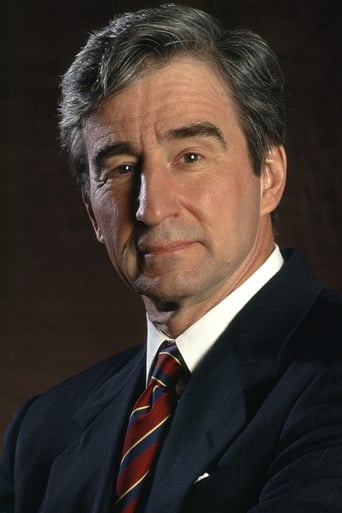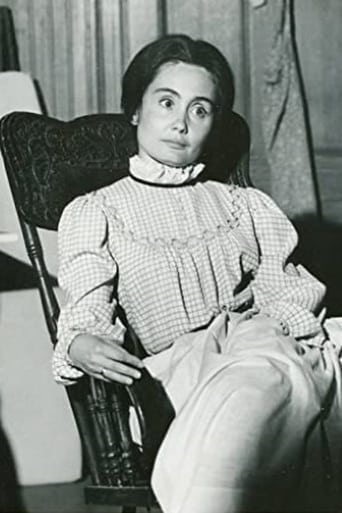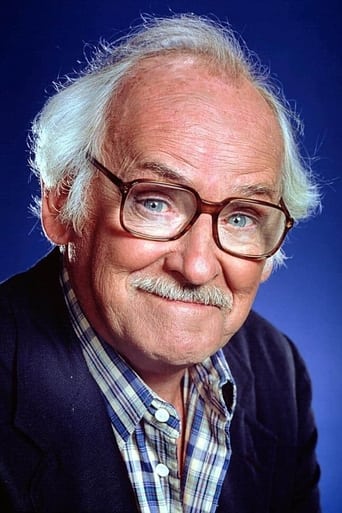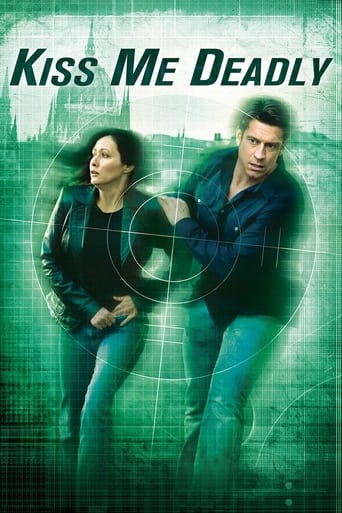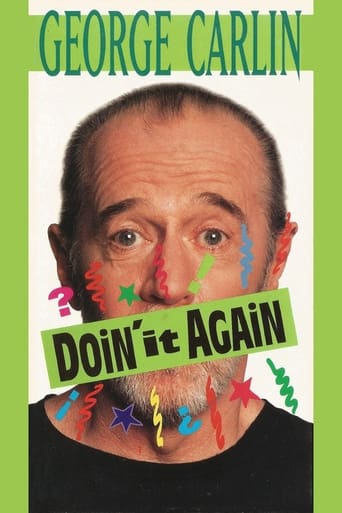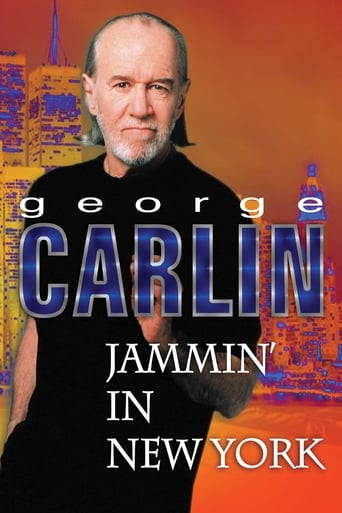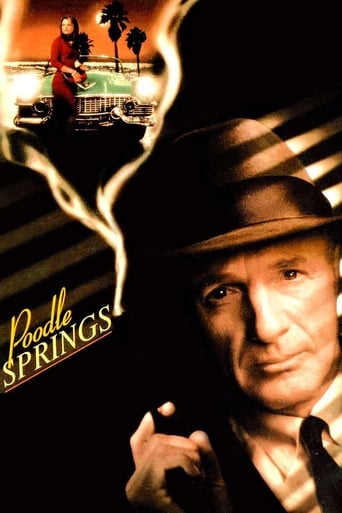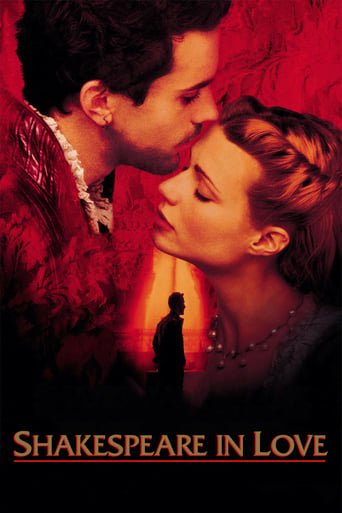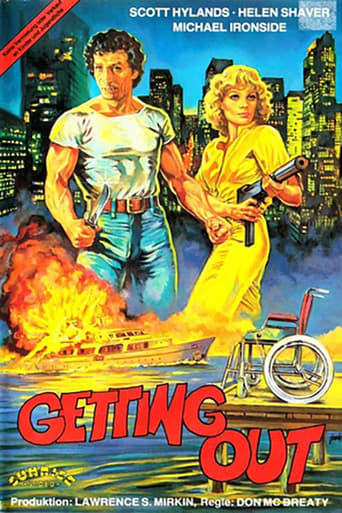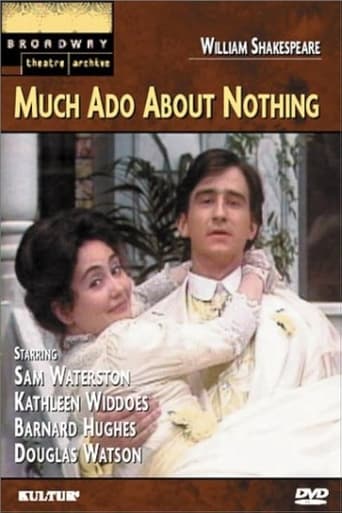
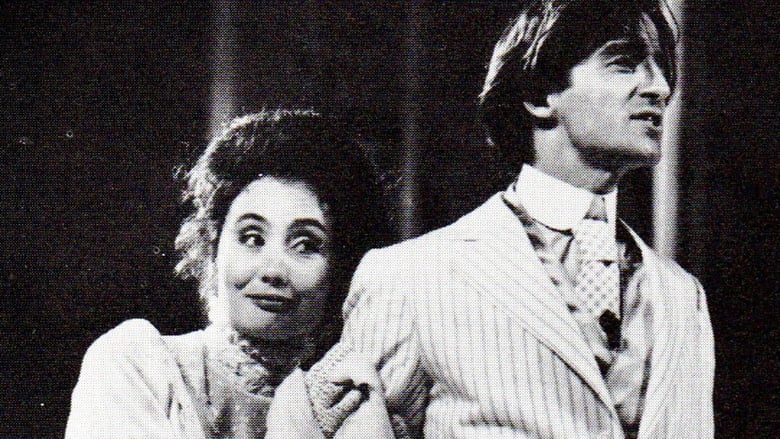
Much Ado About Nothing (1973)
Don Pedro and his men (Teddy Roosevelt Roughriders) have returned from the wars. After Beatrice turns down his proposal, Don Pedro decides to matchmake her with Benedick (her former boyfriend), but she being an independent-minded, bicycle-riding Suffragette type, it's going to take a bit of trickery.
Watch Trailer
Cast
Similar titles
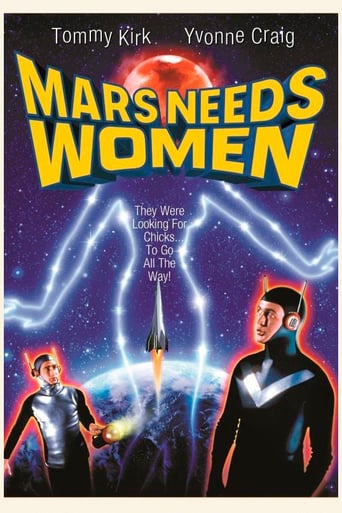
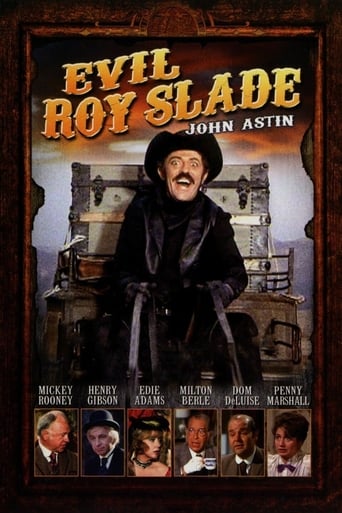
Reviews
Strong and Moving!
Pretty Good
One of the worst ways to make a cult movie is to set out to make a cult movie.
Exactly the movie you think it is, but not the movie you want it to be.
I've seen quite a few productions of Much Ado, both on film/TV and on stage and I must say this Joseph Papp production with Sam Waterston and Kathleen Widdoes is my absolute favorite. The time period is perfect. And they really used the period and the setting extremely well. Using the Spanish American war as inspiration was...inspiring. Beatrice is both strong and feminine. I think my favorite part is when Beatrice is eavesdropping in the conservatory and the sprinklers come on. While shot on a set, you can still see the roots this production had as a stage play. But that isn't lost when it's brought to the screen. The setting allows for more flexibility in shooting angles and close-ups, but you still get a sense of the intimacy of a stage production. I say "bully!" Two thumbs up.
I was fortunate to see this production of the NY Shakespeare Festival when it transferred to Broadway (and I was in high school), and it was a glorious treat. Waterston and Widdoes were wonderful as the sparring lovers battling one another with words. Barnard Hughes was terrific as Dogberry, recreating a Keystone Cops routine. The setting of the Spanish American War era was a very fine transfer, and the first Shakespeare production I had seen that didn't use the Elizabethan period. I had lots of wonderful memories of this production, and even managed to catch it when it was broadcast on television in 1973.Several years ago, I found a copy of this and rented it, and it didn't live up to my memories of the stage production. It is a filmed play, not re-conceived and produced as cinema, and has all of the flaws that filmed plays have: sets that can magically evoke a time and place on the stage, but seem flimsy on film; stage acting that works when you see it in a theatre, but seems overdone on film; a small ensemble playing entre'acte music that charms when heard live, but seems small and tinny on film. Much of the performances that I remembered with affection, particularly those of Waterston and Widdoes, were still very fine, and Hughes is still my favorite Dogberry.It doesn't hold up well when compared to the Branagh Much Ado, which was definitely conceived in cinematic terms (like the galloping troops at the opening evoking The Magnificent Seven), and which was much better at conveying how Claudio could be duped into believing that Hero was a wanton woman and not the virgin he had wooed. But Branagh cut my second favorite line from his Much Ado ("your Hero, his Hero, everyman's Hero").This version of Much Ado is charming for what it is: a filmed play, with talented performers, in a lovely production. But it is not great cinema.
This is a very bland and inert production of one of Shakespeare's most vibrant plays. I can only guess that the intent was to make the play as accessible and understandable as possible to an audience that has not been exposed to Shakespeare before. By doing this, though - by making every line clear and every intent obvious - they have drained the play of life and turned it into a flat caricature. Somehow, it is actually boring - a very hard feat given such wonderful material.The acting is forgettable at best - Sam Waterston as Benedick and Douglas Watson as Don Pedro. Others, however, do not fare so well. April Shawnham's Hero is a pouty, breathless airhead that frequently provokes winces. Jerry Mayer's Don John is a nonsensical cartoon character on the level of Snidely Whiplash (though Snidley was much more enjoyable).F. Murray Abraham (you know, the guy who killed Mozart?) is not in this version, unless he was in disguise and had his name removed from the credits.Given that the producer, Joseph Papp, is basically a theater god, this production is not only disappointing but head-scratching as well.Don't bother with this. Watch Branagh's Much Ado instead - his version is overflowing with vitality and humor, to say nothing of wonderful performances.
Of course, if one spends millions on a sumptuous and largely irrelevant setting for any Shakespearean comedy, the result will look livelier than a photographed stage production of the same story will look. But the comments made by too-young and untrained reviewers about this well-liked and interesting production of Shakespeare's best-liked comedy certainly need to be considered from the standpoint of their lack of context for judging classical-speech works. To begin with, this production I assert works much better than the badly-acted recent Kenneth Branagh version in most respects. It is unpretentious, the costumes and sets are unobtrusively attractive and quietly colorful; and some of the acting is very good indeed; at least most of those reading classical lines in the play can read them to some degree. This allows the viewer to concentrate on the meaning of what is being said and not on untrained actors' attempts to utter the classical line readings. This version happily preserves on film here, with some imaginative use of camera angles, the play that was staged in New York by Joseph Papp, and it has been directed by A.J. Antoon and Nick Havinga with no sense I can find of repetitious or uninspired line-readings. Much of it still looks like a stage play; but a trained listener can certainly enjoy this interesting attempt at recapturing the meaning of the Renaissance original work. Some critics have used the word "nothing" as if it were pronounced "noting" in relation to this famous work--i.e. people watching one another, spying on one another, commenting upon one another etc. This is perhaps a permissible approach. What this production is about I suggest is FUN. The interpretation here is that people are being victimized, but that there is enough native good in people to defeat villainy eventually. The story, for those who have slept in a closet for the last four hundred years, concerns the return from the wars of a unit among whose soldiers is Benedick. They are greeted by ladies including Beatrice, his continual tormentor and verbal sparring partner. The troop's leader swears that he fought bravely and refuses to quarrel with Beatrice. The leader, Don Pedro, is also greeted by his dour brother on his return, Don John, who professes desire for a reconciliation despite past differences. The subsequent events of the narrative involve young Claudio falling in love with the lady Hero; then a plot is hatched by the villains to slander the lady's name. When the abused Claudio accuses her of sexual misconduct, the ladies design to feign that she is dead, to win time to find out who has lied and win sympathy for her. A funeral is held, and Benedick is told by Don Pedro that Beatrice loves him. He vows to help clear Hero's name, and the two, against their wills, find that when they are not quarreling, they are attracted to one another very strongly. The mystery is unraveled, the villains caught and sentenced to appropriate punishment. And the viewer is also treated to the antics of the city's Elizabethan-style comedic watchmen, a group led by Dogberry, a fine malaprop-spouting creation, and followed by equally inept fellow guardians of the public safety. For this charming and well-paced production, Peter Link wrote some pleasant music. But the great strength of the work, contrary to the surrealistic postmodern reviews of the work, is the towering performances by Kathleen Widdoes as Beatrice and Barnard Hughes as Dogberry. Her performance is so natural, so nuanced and so intelligent, it throws much of the rest of the under-funded proceedings into secondary importance. What she grasped about the part I suggest is that Beatrice is a person, and that her quarrel is with the posturing of the Euro-style superiority-believing men as 'males', and with the naturally merry Benedick in particular. The young people act acceptably; F. Murray Abraham, Betty Henritze as Ursula and Douglass Watson as Leonardo are particularly good also. Sam Waterston is bright, likable and as effective as Benedick as his less-than-classical accent permits; he won many admirers by the personal grace of his work in the piece; at the time it was first aired, he was not well-known. This unpretentious staging is I find so much more enjoyable than the noisy, ill-accented later British effort there is literally no comparison between the two. There are defects in this photographed stage-play as "cinema"; but I watch it whenever I can, because it is charming, stylish and I suggest very-well-thought-out. And Kathleen Widdoes I judge to be lovely and award-caliber as the before-her-time feminist Beatrice, by any adult's standards.
